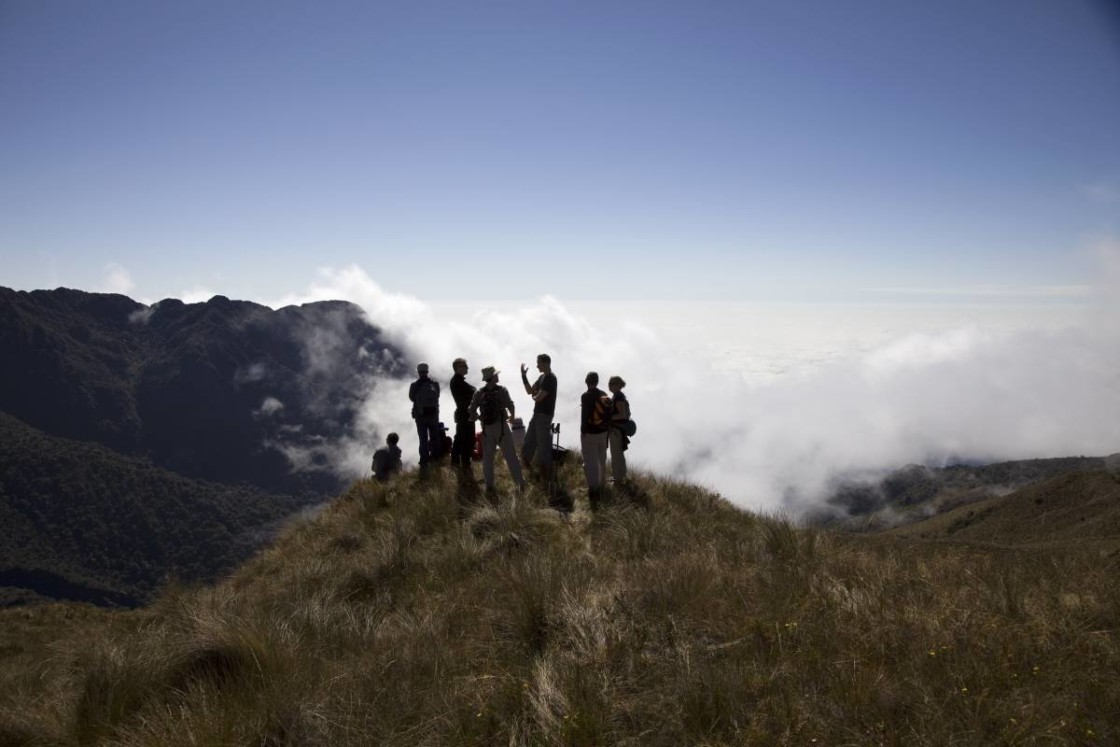
Context:
Cape Farewell was founded in 2001 by the photographer David Buckland, following a collaboration with climate modellers at the Hadley Centre for Climate Science. At that time, models were showing the scale and urgency required to tackle climate change, yet overall public awareness was low. Buckland established Cape Farewell in order to promote exchanges between creative practitioners and scientists. The aim was to create new, high-quality artworks that would reach a range of audiences and spark discussions about climate change as a cultural problem, caused by industrialised ways of life.
Transformative creative practice:
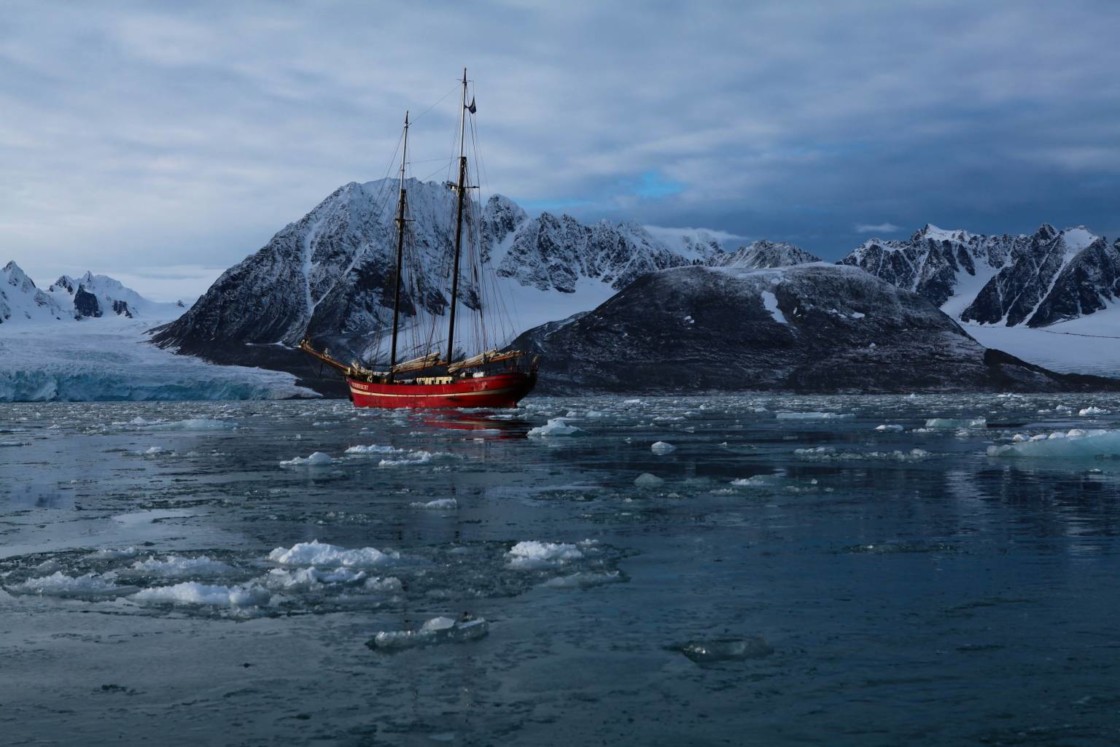
Over the last twenty years, Cape Farewell has organised a wide range of activities. One strand of work has involved bringing creative practitioners and scientists into dialogue. Often that has happened through a series of unique expeditions, which have taken scientists artists, writers and musicians to the High Arctic, the Andes in Peru, and the Scottish Islands – places where environmental changes are increasingly visible. These compelling field investigations were intended to provide creative practitioners with embodied experiences of climate breakdown, to which they responded by creating new works for public audiences.
In addition, Cape Farwell has also created compelling climate-focussed artworks and showcased these to large-scale international audiences. An extensive programme of exhibitions, such as Carbon 12, Carbon 13 and Carbon 14 in Paris (France) Texas (USA) and Toronto (Canada) have invited audiences to think about climate change as a cultural concern. Cape Farwell’s many commissions have enabled the production of new works of performance and experience focused on the changing relationship between human societies and earth systems – from poetry to installations based on global micro-climates.
Connections to eco-social sustainability:
Over their long history, Cape Farewell has investigated the relationships between human societies and their environments from many different perspectives. Climate change remains a pressing challenge for us all and takes a central position in Cape Farewell’s work. However, the team has also explored other sustainability challenges, such as the environmental impacts of farming and food production, the health of rivers, global air pollution, the life of islands, and the changing Arctic.
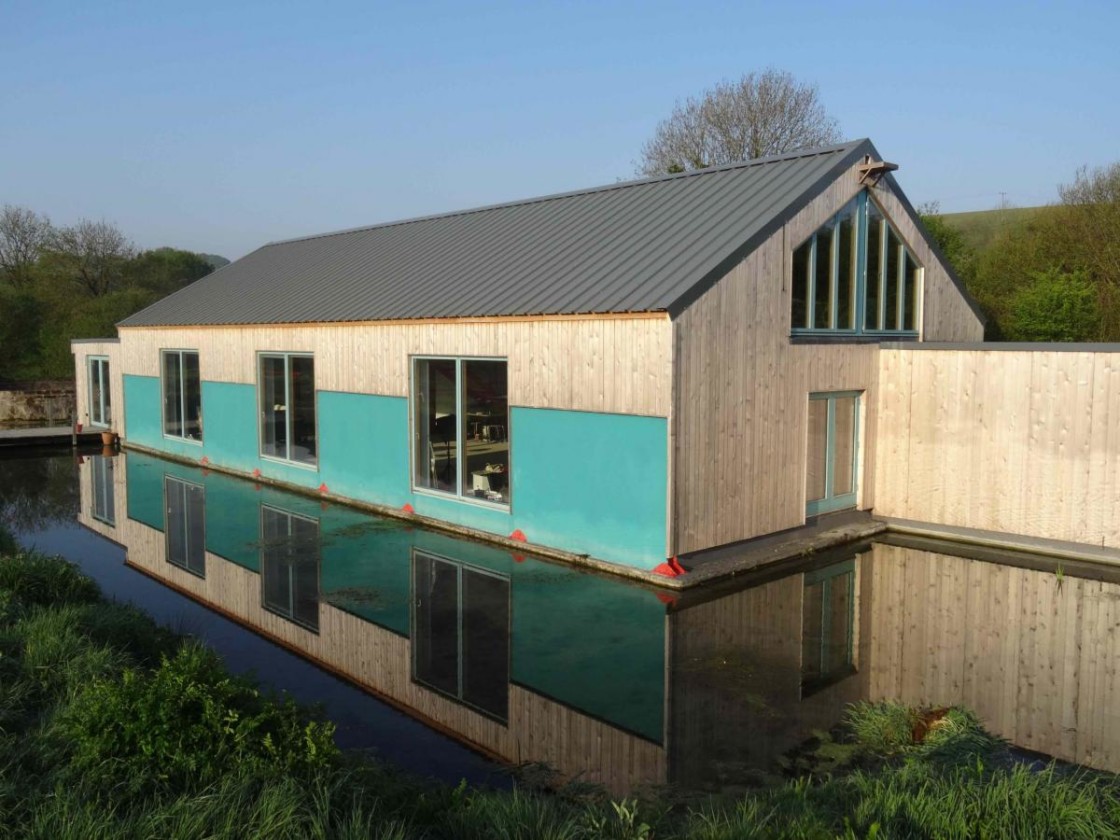
Cape Farewell’s home for artist residencies, The Watershed in Dorset, has knitted the organisation into a local landscape with its own concerns, in addition to outward-facing expeditions.
Our Life is Here – The Marshall Islands expedition.
In August 2023 twenty artists and scientists voyage to the Atolls of the Marshall Islands whose average height above sea level is less that 2m. Their 3000 year old culture is under serious threat from the climate crises and in particular, sea level rise. The expedition narrates their plight focussing on climate justice and the counties of the global south who are unfairly picking up the tab of western excess.
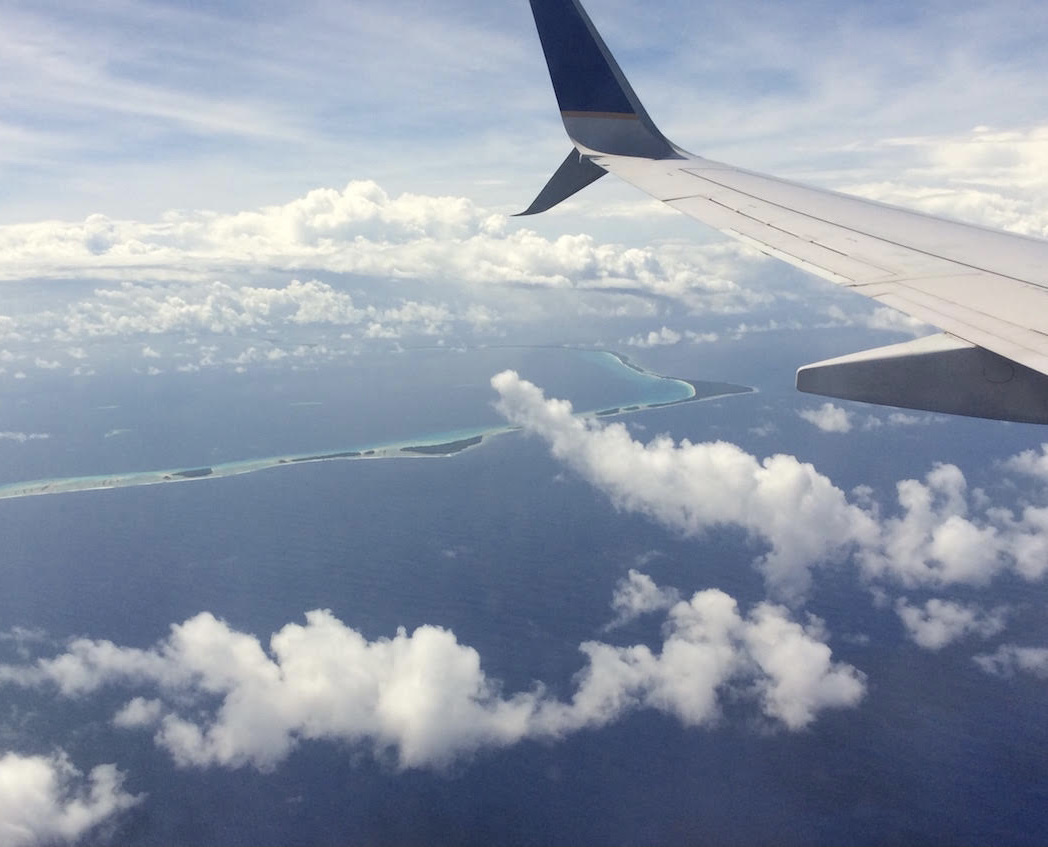
The core of the project is a sea expedition with visual and written artists who will experience the Marshall Islands and the impact of climate change on the region, produce content for media outlets, and eventually produce artwork inspired by their experiences. The goal is to have at least half of the artists come from the Pacific Islands and to bring on board Marshall Islands-based scientists and anthropologists, as well as filmmakers, film editors, and social media figures. Parallel to the main expedition, a team of 10 Marshallese youth will sail off, eventually linking up with the expedition team.
On learning and evaluation:
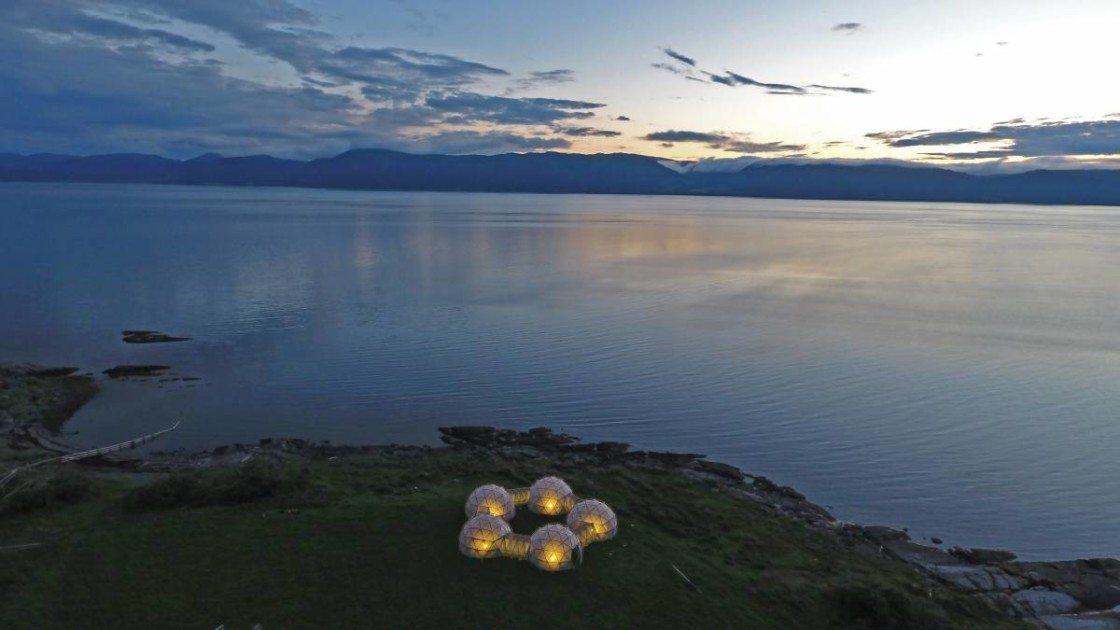
Cape Farewell has worked with researchers to try to understand how the experiences of environmental artworks may influence visiting audiences. The Pollution Pods artwork was part of the collaborative and inter-disciplinary Climart project, which included researchers at NTNU, the Norwegian University of Science and Technology. Commissioned in 2017 and touring since then, the micro-climates of global cities are simulated inside a series of interconnected glass domes – including their polluted air.

Using a questionnaire to survey visitors after their immersion in the pods, researchers found increases in individuals’ intention to act after physically experiencing the scents of air around the world. This was accompanied by a piece of qualitive research in partnership with the Climate Psychology Alliance, including a published DreamTime workshop which included the artist, Michael Pinsky.
Learn more:
Visit Cape Farewell’s website to learn more about their 20+ year history of working on culture and climate.
Project credits:
Cape Farewell is supported by the National Lottery Community Fund and the Arts Council England.